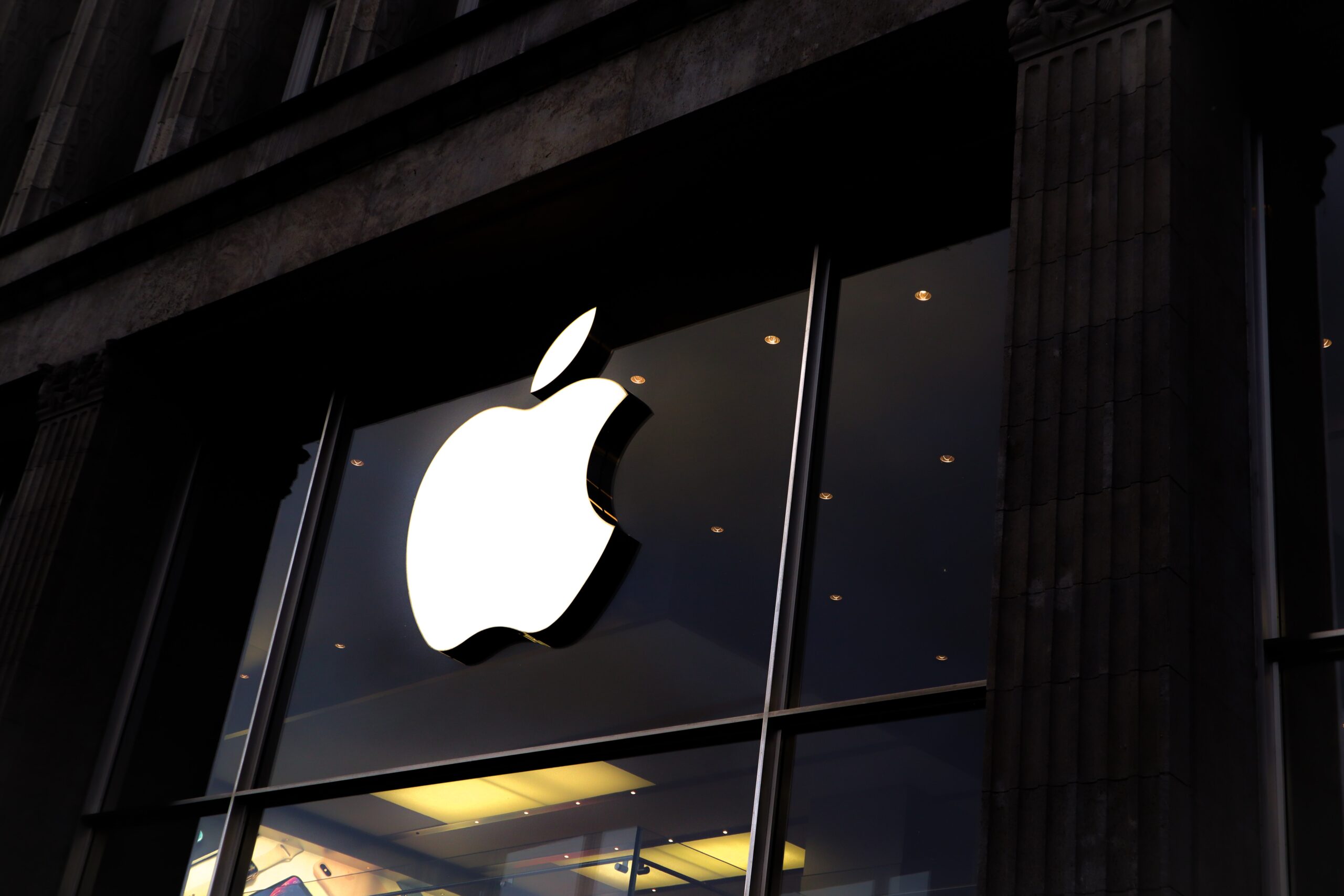In 2021, a cookie is so much more than a tasty treat enjoyed with a hot drink. But the digital world is changing, with pending updates set to shake up how cookies are tracked. We take a look into cookies, how they work in Marketing, and what the new updates mean for us.
What are Cookies?
In the digital world, a cookie is a tiny snippet of data that gets stored on the user’s browser. This data is about you and the way you use the internet and is used to customise your online experience. You will have noticed that almost every website will ask if you consent to the use of cookies when you first enter it.
There are lots of benefits of this for users. For example, not having to re-enter your personal information continually and websites remembering your user preferences.
Ever wondered why that pair of shoes you added to your shopping cart once now seems to pop up on every other website you visit? This is also down to cookies, as many companies use them as a key part of their digital marketing.
Cookies and Digital Marketing
Cookies allow organisations to collect a vast amount of data about internet users, this data then allows them to create more targeted marketing campaigns. They are able to filter their target audience based on variables such as:
- Age
- Location
- Gender
- Interests
- Behaviour on websites
- Behaviour on Search engines
One of the main uses for this information is Ad Retargeting.
This is when website creators have added a specific tracking code into a page on their website, for example, the checkout page. This data then allows them to show you a specific ad, relevant to you, that will appear on other websites when you browse the internet.
Cookies also allow marketers to monitor the success of their website. It allows them to track how users have found their website; Google search, social media, direct or other. It also allows them to see how long users spend on each area of the website and where they are losing visitors. If a user clicks on a page and then clicks straight back off, they know something is wrong. This is called the Bounce Rate.
This subject is huge, and we really have only scratched the surface here. If you would like to know more or would like to know how digital marketing can help your business, get in touch with a member of our team today.
Whilst all of this is great for marketers, not everyone likes having their internet activity tracked. This has led to many companies and organisations trying to find ways to limit it.
Let’s take a look at a few.
Gener8
You may have seen the recent Dragon’s Den pitch by Gener8 which is currently taking the internet by storm and was even called “the best pitch I have ever heard” by one of the Dragons.
Gener8 is a piece of software that users can download onto their device and it will allow them control over how cookies are stored. The system claims to ‘give power back’ to the user.
The software will allow you to do one of two things, turn cookies off completely, or be rewarded for the data that you agree to share.
‘In rewards mode Gener8 monetises your data on your behalf by tailoring the adverts that you see and by anonymising your data and using it for research. In return, you earn points which you can exchange for products, vouchers or donations to charity in our marketplace.’
Apple’s IOS 14 Update
Apple is making huge changes in order to protect user privacy. In the latest update, upon downloading any app, the user will be asked to opt in to allow cookies to be tracked. If the user says no, the app creators will not receive any data from that user.
This will be a big change for many marketers with large amounts of data coming from mobile apps such as Facebook, as well as limiting the way in which they will be able to track the success of their own apps.
Google’s New Update
Trying to crack the Google algorithm is an impossible quest that many marketers are on. The next big update is set to really shake things up when it comes to third party tracking. In a nutshell – it won’t be allowed.
However, as we all know, Google makes a lot of money from advertising and what may look on the surface like a crackdown on tracking, may in fact be Google tightening its grips on the advertising industry.
Using a new system called FLoC, Google says users will be placed into target audience groups, and marketers will be able to target campaigns towards these groups or ‘Cohorts’ rather than individuals, thus increasing user personal privacy.
What does this mean for Marketers?
Digital Marketing is a fast and ever-changing world, so we are used to being kept on our toes. Now more than ever, marketers need to be willing to keep learning. The platforms we use daily are changing and we need to keep up to date in order to stay ahead.
None of these proposed updates will put a stop to what we do, they will just push us to do things in a new way. If we can’t track data from Apple Apps in the same way, then we need to change our systems to focus on website traffic and android users. Google’s update will mean that we will need to work a little harder to suss out the audiences we need to be focusing on.
User and customer privacy is important. We need people to love what we offer but feel safe whilst using it.
It’s important that we look at these changes with excitement and an enthusiasm to learn and adapt.
If you need help with any of this or are looking for assistance with your brand’s digital marketing, get in touch today.
















